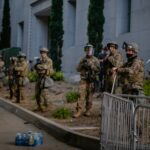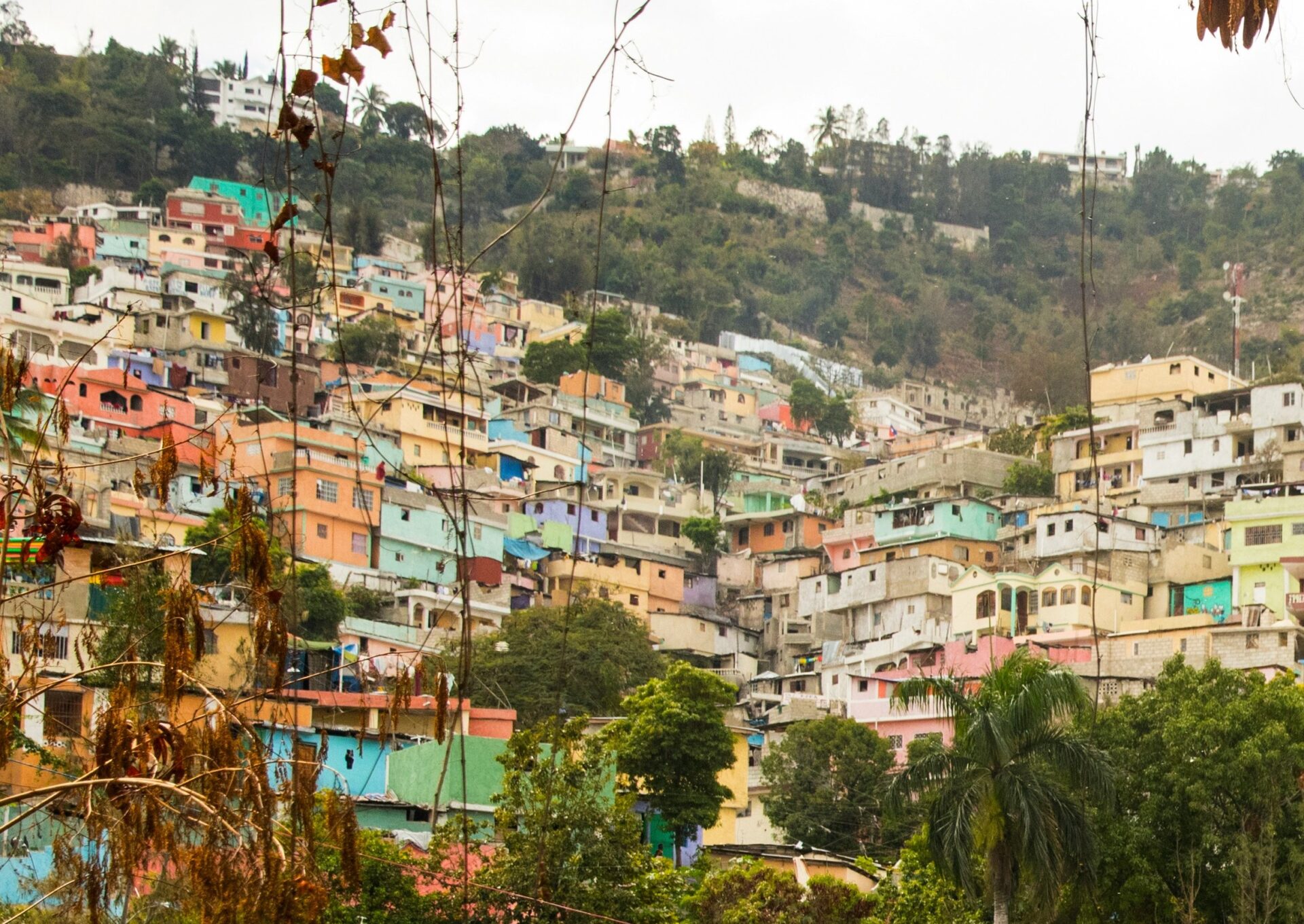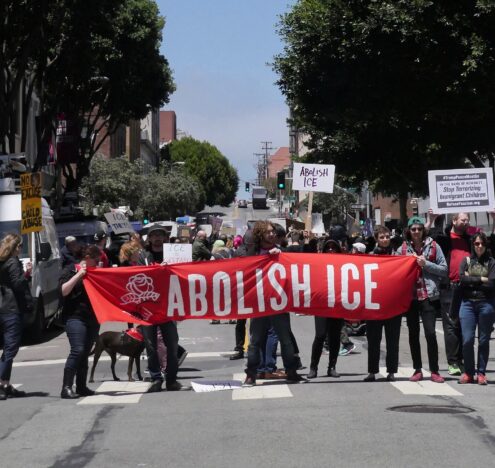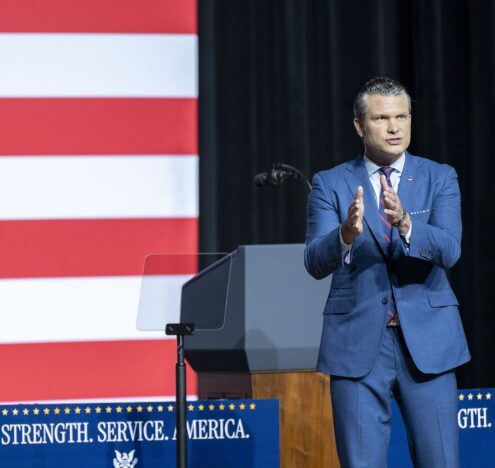Three years ago, on July 7, 2021, mercenaries gunned down President Jovenel Moïse in his house in Pétion-Ville, plunging Haiti into an unprecedented political and security crisis. Although the escalation of violence has been brewing for years, Moise’s assassination led to a shift in the country’s gang landscape, with indicators of worsening conflict reaching extreme levels in the past year.
Since 2021, the conflict has expanded to new areas and grown more fragmented as the number of active gangs multiplied. This led to a steep increase in reported fatalities and dramatic consequences for the civilians who remain at the frontlines of gangs’ expansionist ambitions. ACLED’s Conflict Exposure Calculator shows that in 2023, about 6,300,000 people — or 54% of Haiti’s population — were exposed to political violence.
The gangs’ violent tactics have included direct attacks, forced recruitment, kidnappings, and the systematic and deliberate use of sexual violence as a weapon, especially against women and girls. Gang turf wars and criminal governance have led to the burning of civilians’ homes, hundreds of thousands of people displaced, and severe restrictions on movement.
Gangs’ relentless encroachment on transit routes for extortion has not only led to food insecurity for 4 million people but also sparked medicine shortages, further limiting what remains of Haitians’ healthcare access, already weakened by attacks on health facilities and their staff.
Over the years, gangs have increasingly challenged the state and exerted influence over political matters. This was best illustrated on 29 February 2024: Once-rival armed groups launched coordinated attacks against Port-au-Prince’s Toussaint Louverture airport and state institutions.
The incursions eventually led to the resignation of transitional Prime Minister Ariel Henry, triggering a new political shift. On 12 June, the Transitional Presidential Council (CPT) and Prime Minister Garry Conille appointed a new government; meanwhile, on 25 June and 16 July, 400 Kenyan police officers were deployed as part of the UN-backed Multinational Security Support (MSS) mission. Despite this breath of political renewal, Conille’s new transitional government will face enormous challenges, with violence likely to continue at high levels.
2021: A Turning Point
For decades, gangs have been integral players in the Haitian political landscape, as successive political and economic elites relied on those criminal structures to control voting constituencies and quell dissent. In light of the close ties that unite gangs with the country’s elites, gangs’ operations have remained particularly exposed to shifts in Haiti’s tumultuous political landscape.
Under Moïse’s government, gangs continued to serve power interests, including to suppress anti-government movements. A demonstrative case is the gang-led Bel-Air massacre of civilians in November 2019 — carried out with the support of police and state officials.
The Bel-Air killings came amid large-scale mobilization sparked by the Petro Caribe embezzlement scandal involving government officials. Far from quelling the unrest, the massacre contributed to the discrediting of Moïse’s government and increased political volatility, which was aggravated by the repeated postponement of elections.
Before Moïse’s assassination, gangs remained fewer in number, and violence was generally concentrated in disputed areas of Port-au-Prince. However, there were already warning signs that gangs were growing increasingly independent from their political and financial sponsors. By 2020, the shift in gang tactics translated into an increase in violence, including a rise in kidnappings for ransom, and gangs coalescing into larger alliances such as G-9 and the rival G-Pèp coalition.
The rise in violence further accelerated against a backdrop of intense power struggles and reshuffling of the political chessboard in the wake of Moïse’s assassination in July 2021, which resulted in the formation of Henry’s unpopular interim administration. In 2022, gang activity rose significantly, with fatalities more than doubling from the previous year.
More Numerous, More Spread Out, and More Versatile
As gangs sought to diversify their revenue streams, they increasingly relied on kidnapping for ransom — a practice that doubled in 2021 compared to 2020, notably with the kidnapping of 17 missionaries from the US and Canada in the Port-au-Prince metropolitan area in October of that year. Capitalizing on a prevailing climate of impunity where gangs routinely overpower police forces, criminal groups also intensified their campaigns to control new territories, with a view to expanding their extortion markets and control of the country’s key resources.
These ambitions led to a striking spread of violent gang activity within the metropolitan area and wider Ouest region, beyond the Port-au-Prince and Cité Soleil communes, where gang disputes had been concentrated.
Perhaps even more worrying, in 2022 gangs started increasingly participating in violence in the Artibonite — a rural region coveted for its agricultural revenues — and in 2023 the trend expanded to the Centre and Nord regions. Their activity outside the metropolitan area continued in 2024, suggesting that gangs could use rural areas like those in the Artibonite as safe havens from new security operations expected in the capital with the deployment of the MSS.
A Long Road Ahead
By 2024, gangs had garnered considerable power, and they have increasingly used it as political leverage. Gang interference in Haiti’s political life culminated in the string of attacks in early March that resulted in Henry’s resignation.
Gangs’ growing influence will continue to pose a significant challenge to the new transitional government. The transitional government has shown promising signs and remains steadfast in its commitments to combating corruption and gangs. However, it will face considerable hurdles to restoring security and political stability, and to organizing the transition of power to a democratically elected government by February 2026, as power struggles among the country’s economic and political elites linger.
After the gangs publicly stated their opposition to the authorities — who they claim perpetuate a corrupt system of governance — they attacked the presidential palace in April in an apparent attempt to disrupt the CPT’s swearing-in ceremony. Ahead of the deployment of the MSS mission, they also systematically attacked state institutions, including police stations, to prevent them from being used during anti-gang operations.
Despite the deployment of 200 Kenyan officers on 25 June, doubts about the MSS mission’s future effectiveness persist. Additionally, the killing of demonstrators during anti-tax reform demonstrations in Kenya also reignited concerns about the Kenyan police force’s poor human rights record and the potentially high civilian costs of security operations.
Given the evolution of the gang landscape since 2021, Haitian security forces and MSS mission members will confront gangs acting in an increasingly coordinated manner. Many rallied under the Viv Ansanm coalition banner in September 2023 and in the months since the February 2024 assaults on public institutions, clashes between rival factions have declined.
All this suggests that despite rivalries among the alliances, gangs are concentrating their resources to fighting a common enemy. They have continued their assaults on state and security facilities. Therefore, instead of signaling a lasting truce, the recent decline in violence may indicate a temporary withdrawal while gangs reassess their strategic options.




















